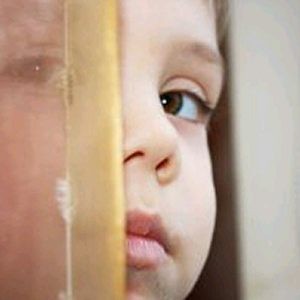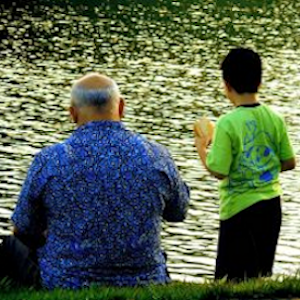
Cultural Diversity in Foster Care: What It Means To Families
Foster care, by its nature, is culturally diverse. Abused and neglected children are placed in strangers’ homes, where expectations and communication styles are very different from where they came from. No matter how welcoming their foster parents are, foster children have to adjust to rules and traditions that are not their own. Some have never had a birthday party or a bedtime. Others have never been taught not to curse at the dinner table or to bathe daily. Learning to deal with these differences can be challenging for both foster parents and foster children. Continue reading





 Increased Awareness Of Challenges Faced By Homeless College Students Leads To Action
Increased Awareness Of Challenges Faced By Homeless College Students Leads To Action